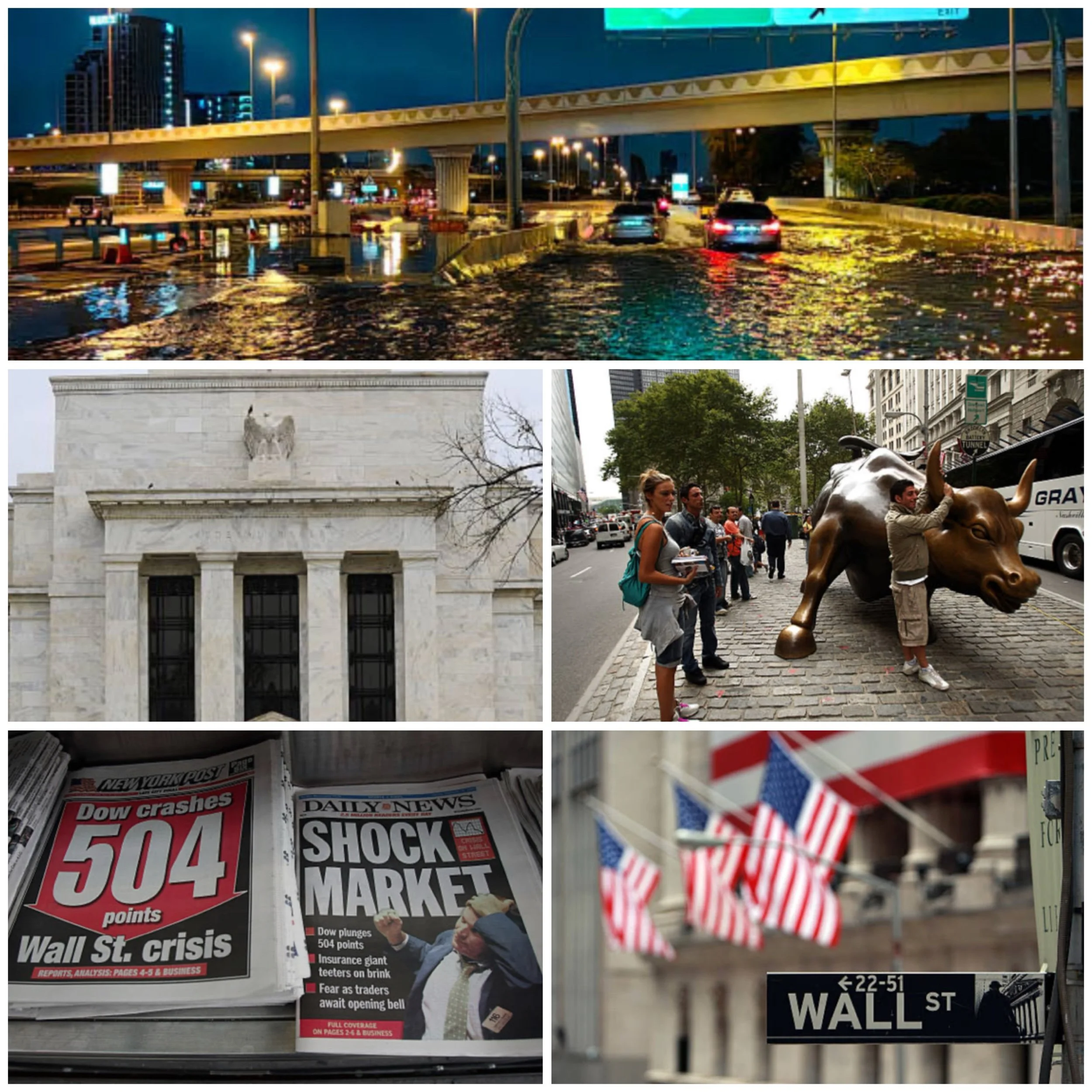How interest rate cut help economy grow in Dubai?
Introduction
The anticipated interest rate cut by the US Federal Reserve, which has been mirrored by the UAE Central Bank, is expected to have several positive impacts on Dubai’s economy:
Boost to Real Estate and Construction
Lower interest rates are likely to stimulate Dubai’s real estate market in several ways
Increased Affordability:
Reduced mortgage rates will make property ownership more accessible by lowering monthly repayment costs. This could potentially save borrowers thousands of dirhams over the life of a loan, making property ownership feasible for a broader segment of the population.
Rise in Property Demand:
The lower borrowing costs are expected to stimulate demand in the real estate market. This could encourage more renters to consider homeownership, especially given the rising rental prices in the city.
Investment Opportunities:
Investors might find the lower mortgage rates attractive for leveraging their property investments. The reduced borrowing costs increase the potential for higher returns on investment, making real estate an appealing option for both local and international investors.
Economic Growth and Diversification
The interest rate cut is likely to support Dubai’s ongoing economic diversification efforts:
Project Financing:
Many of Dubai’s economic diversification projects are funded through a mix of government equity, commercial loans, and project bonds. Lower financing costs will bring relief to these undertakings, potentially accelerating the pace of economic diversification.
Business Expansion:
Reduced borrowing costs could encourage businesses to expand operations or invest in new ventures, contributing to economic growth and job creation.
Banking and Financial Services
The UAE banking sector, including Dubai-based banks, will experience some changes:
Loan Growth:
Lower rates should boost loan growth, which will be positive for banks and rate-sensitive sectors.
Profit Margins:
While banks have benefited from rising interest rates in recent years, the rate cut may squeeze profitability to some extent. However, this could be offset by increased lending activity.
Tourism and Retail
Dubai’s crucial tourism and retail sectors may benefit indirectly:
Consumer Spending: Lower interest rates typically encourage consumer spending, which could boost retail sales and tourism-related expenditures.
Hotel and Leisure Investment:
The hospitality sector might see increased investment due to more favorable financing conditions, supporting Dubai’s position as a global tourism hub.
Conclusion
The interest rate cut is expected to provide a significant stimulus to Dubai’s economy, particularly in the real estate sector, while also supporting broader economic growth and diversification efforts. However, it’s important to note that the full impact will depend on various factors, including global economic conditions and local policy measures. rate cut is expected to provide a significant stimulus to Dubai’s economy, particularly in the real estate sector, while also supporting broader economic growth and diversification efforts. However, it’s important to note that the full impact will depend on various factors, including global economic conditions and local policy measures.






